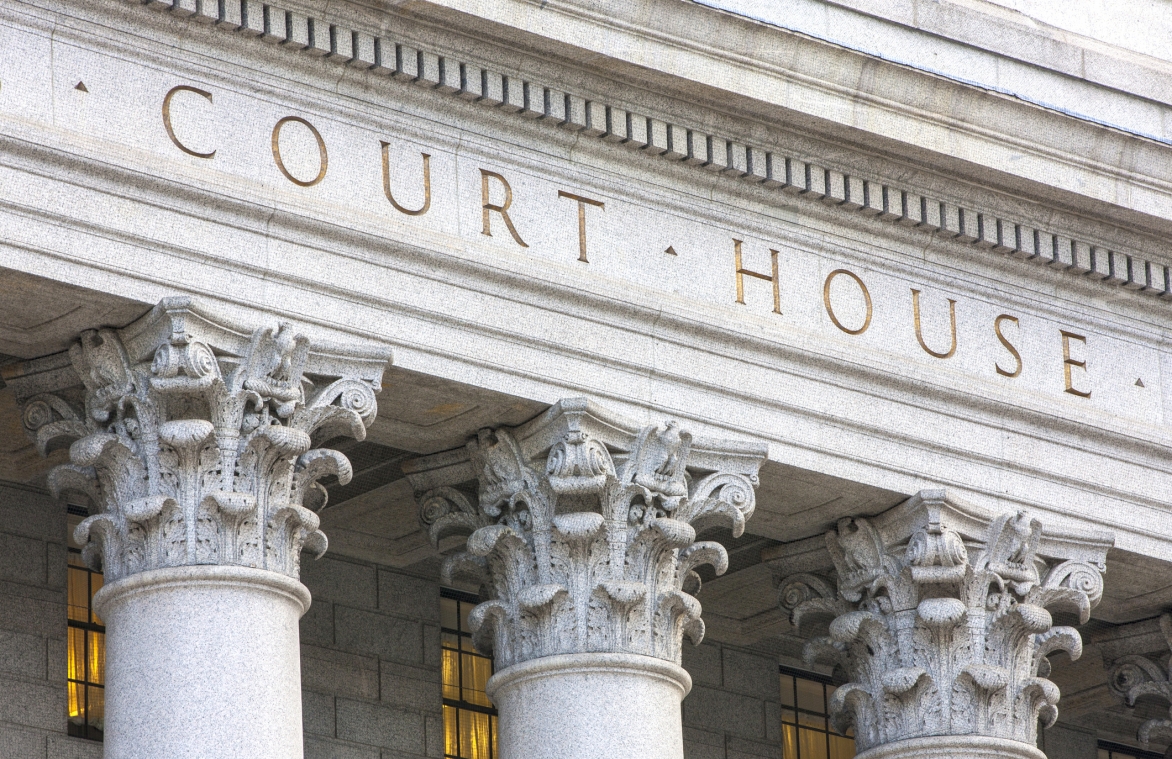On Jan. 2, 2021, Marin M. Gonzalez was at Majestic Cinema in the Town of Brookfield, Wis. He posted a picture on his Instagram of his ticket to the movie “Jumanji.” He also posted on Snapchat a picture of loose bullets and a hand holding a loaded magazine. And on Instagram, Gonzalez posted a photo of the movie theater.
Gonzalez had 300 followers on Instagram. One of them — Garrett Bartelt — happened to be at the same movie theater. He saw Gonzalez’s story on Instagram and then looked at Gonzalez’s Snapchat and saw the picture of bullets and a loaded magazine. Bartelt feared that Gonzalez might shoot up the theater.
Bartelt left the theater with his friends and upon leaving told a security guard that there could be a security problem. Majestic Cinema personnel then contacted the police. The police came into the theater and arrested Gonzalez and a friend. Police found no weapons on Gonzalez.
Authorities charged Gonzalez with disorderly conduct, and a jury convicted him of the charge. On appeal, the Wisconsin Court of Appeals reversed his conviction in its Oct. 27, 2021, decision in Town of Brookfield v. Gonzalez.
Both Gonzalez and the government agreed that the key issue on appeal was whether Gonzalez’s social media posts constituted a https://firstamendment.mtsu.edu/article/true-threats/ true threat — a category of speech not protected by the First Amendment. The government focused on the fact that Bartelt viewed the social media posts as dangerous.
However, the appeals court was more concerned that “there was no evidence presented that the posts raised any sense of alarm in any of Gonzalez’s 299 other social media followers, and we have no reason to believe that if Bartelt had been fifteen miles away at a Bucks game when he viewed the posts that night — instead of coincidentally being in the same theater as Gonzalez — that it would have raised any sense of alarm or caused him to take any action at all.”
The appeals court concluded that Gonzalez’s social media posts did not rise to the level of a true threat and, thus, reversed his conviction.
The Free Speech Center newsletter offers a digest of First Amendment and news media-related news every other week. Subscribe for free here: https://bit.ly/3kG9uiJ
David L. Hudson Jr. is a professor at Belmont University College of Law who writes and speaks regularly on First Amendment issues. He is the author of Let the Students Speak: A History of the Fight for Free Expression in American Schools (Beacon Press, 2011), and of First Amendment: Freedom of Speech (2012). Hudson is also the author of a 12-part lecture series, Freedom of Speech: Understanding the First Amendment (2018), and a 24-part lecture series, The American Constitution 101 (2019).

